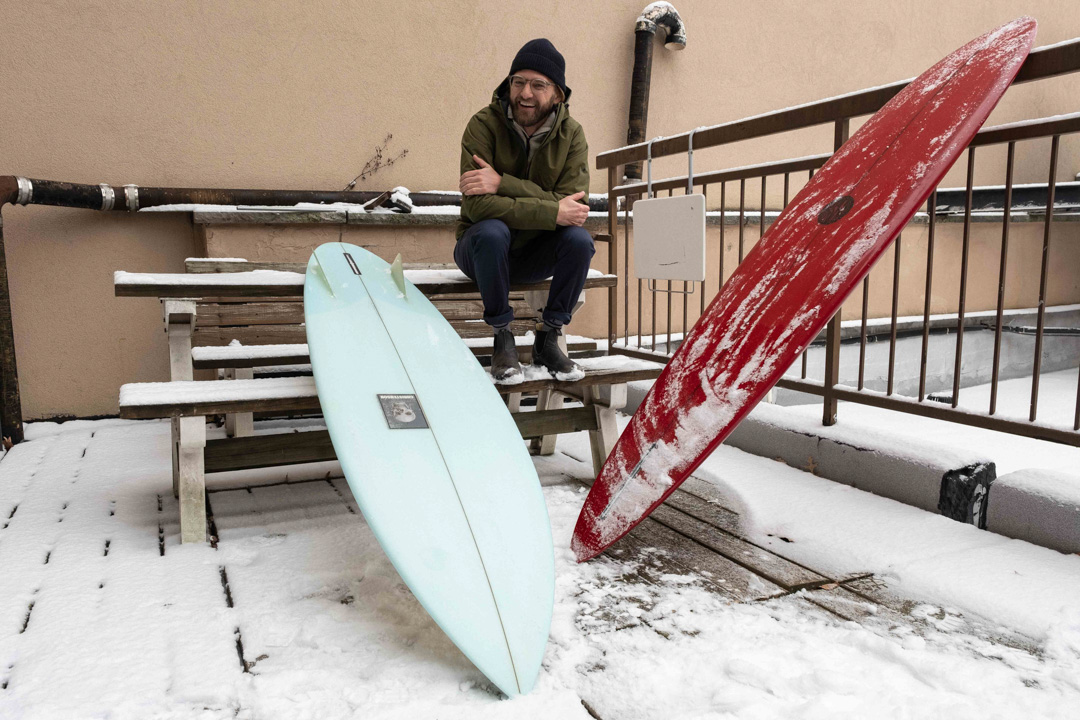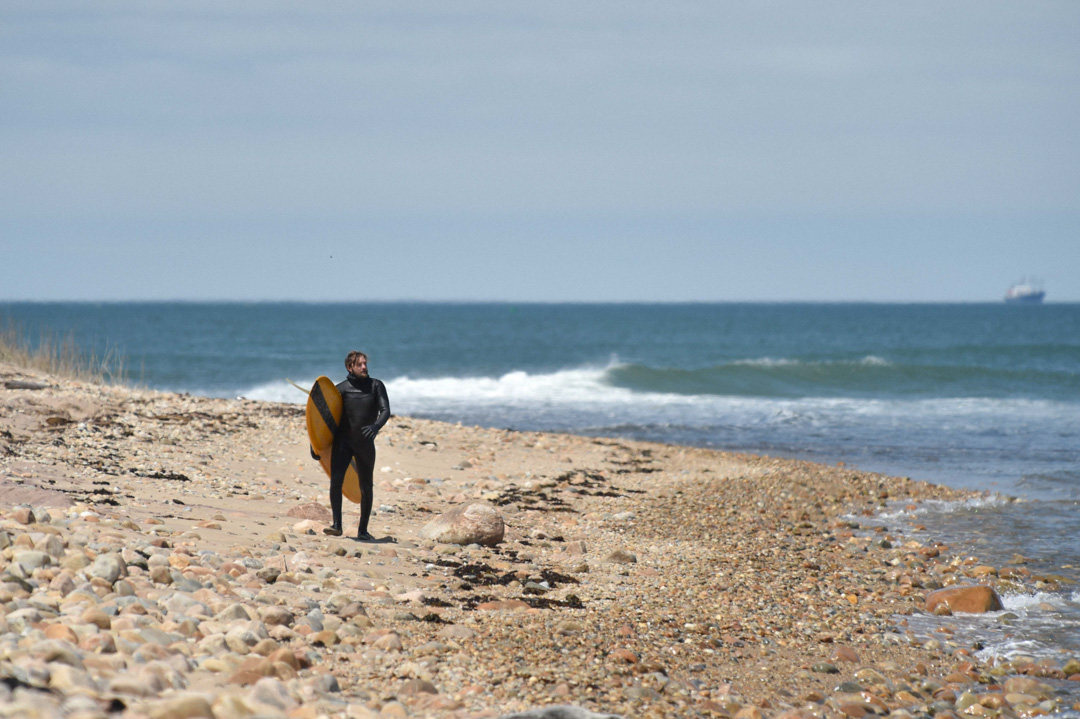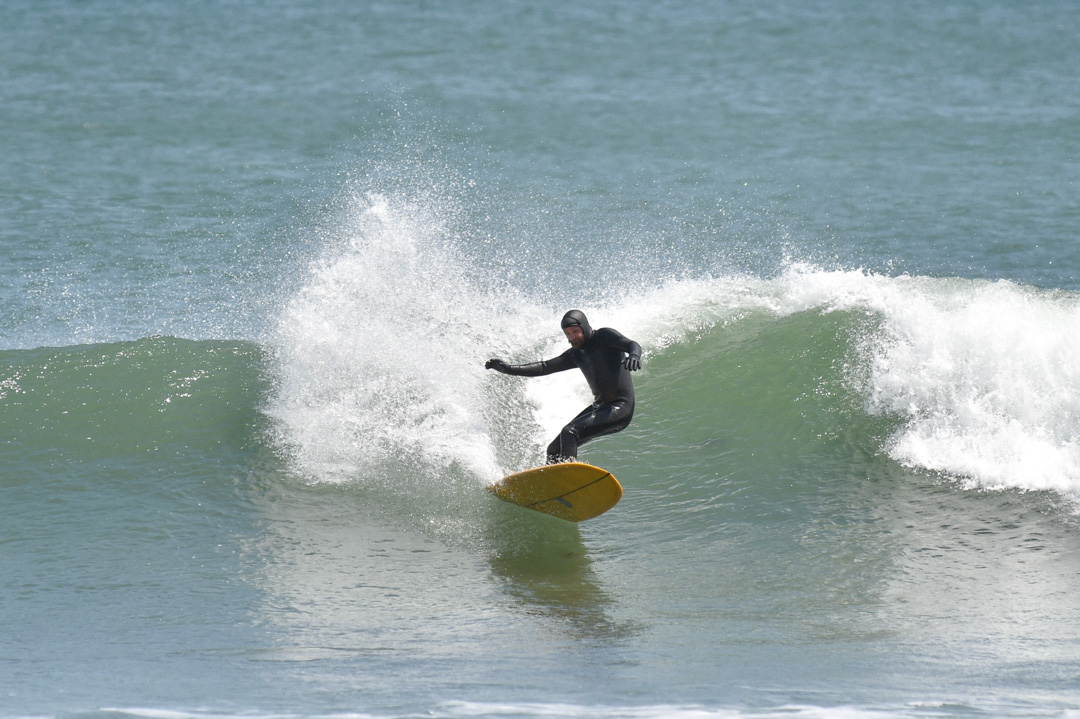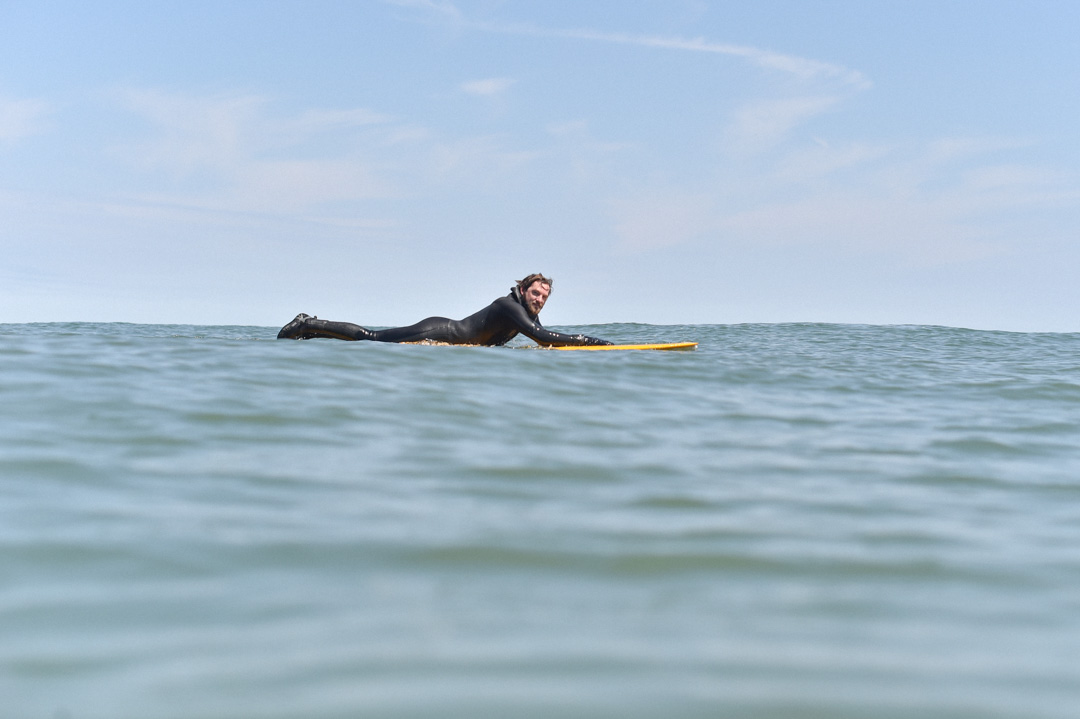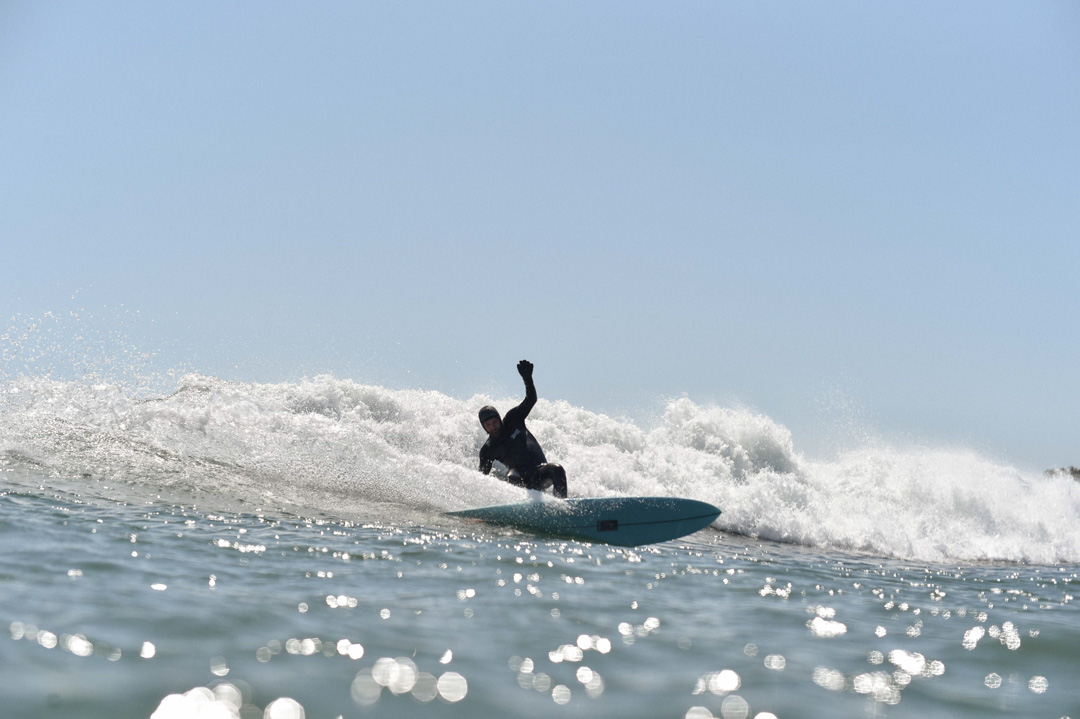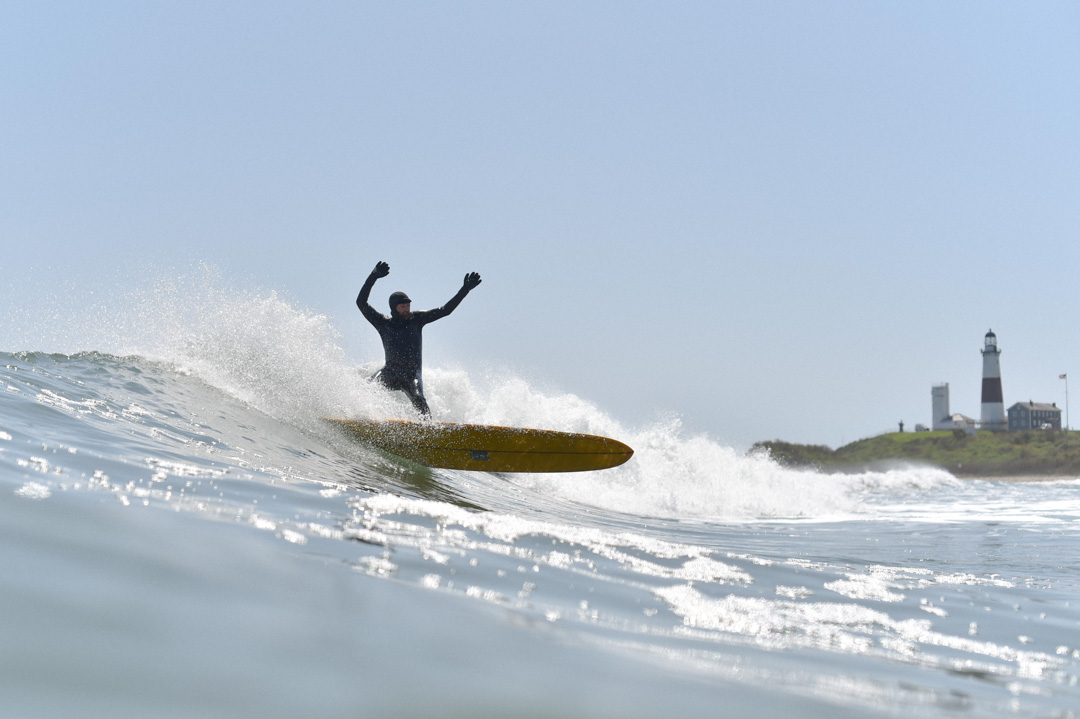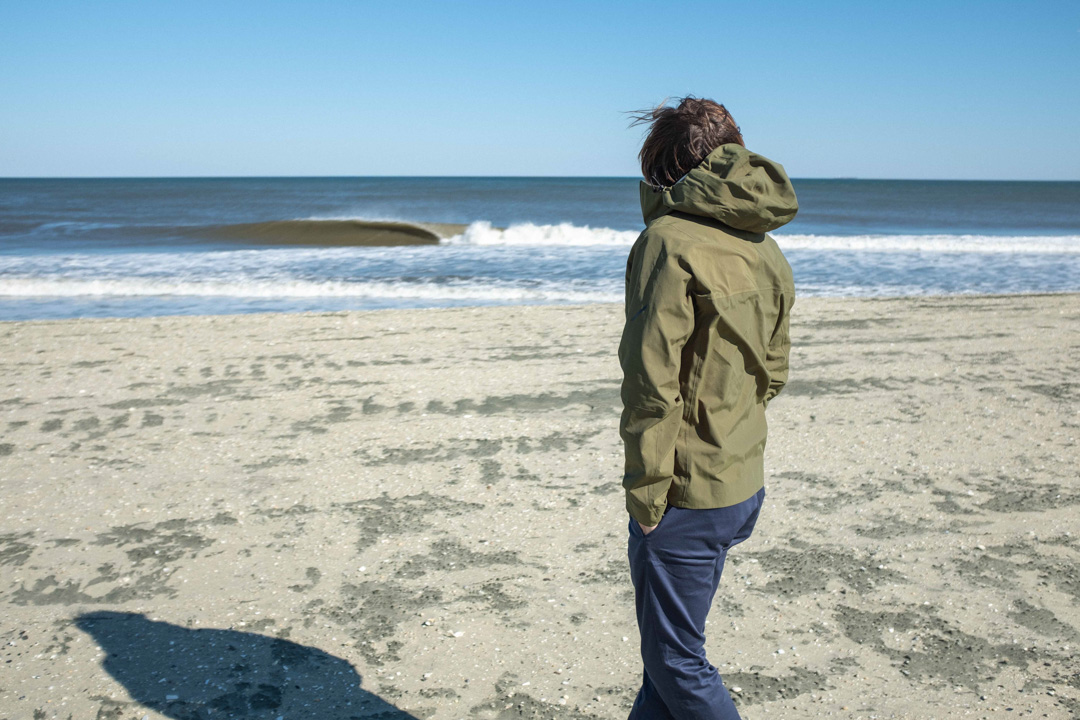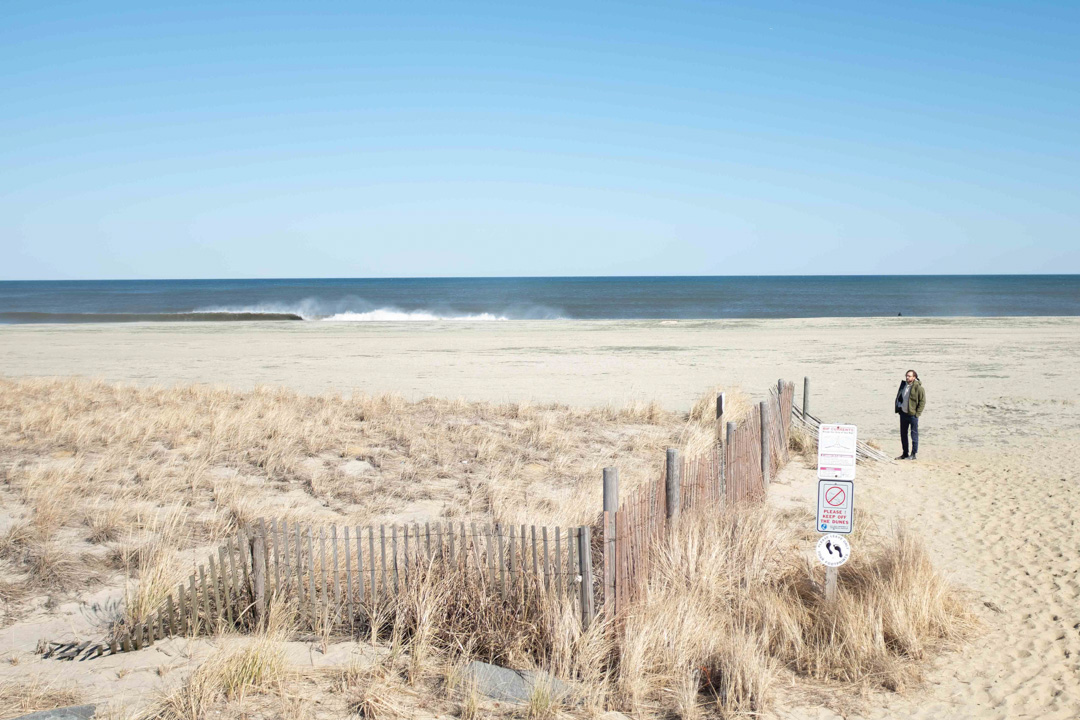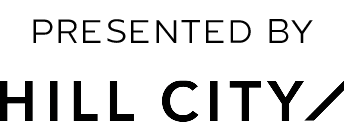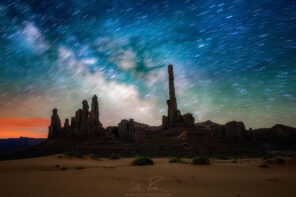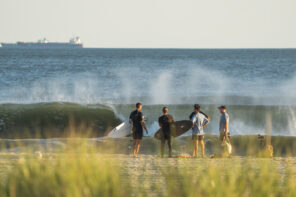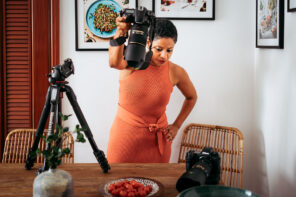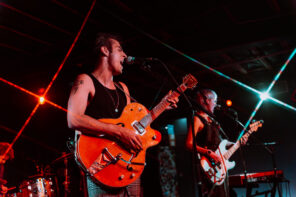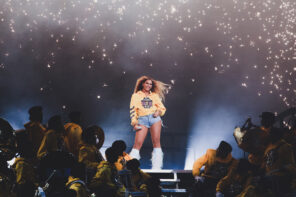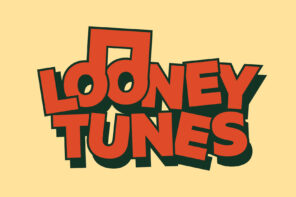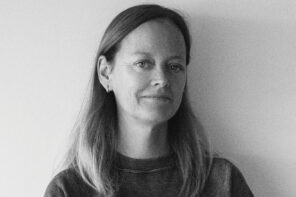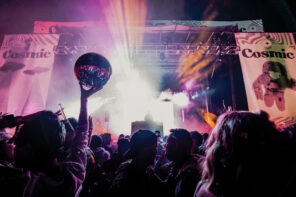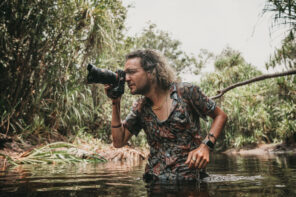The Surfer, Sailor, Photographer and Filmmaker Redefines High Performance By Making It Look Easy
PHOTOS BY CORY RANSOM
The ease and grace with which Mikey DeTemple approaches life seems to come through in most of the things he does. Those things include surfing and sailing, collecting a quite eclectic quiver, and filmmaking and photography. Before we were all so rudely interrupted by this little pause, Whalebone had been working with Mikey on one of those things he does with such grace and poise. The photos here were from a week or so before stay at home orders and such, but by mid-March we’d lost touch with Mikey for a minute. Turns out he was on a boat, which is a common state of affairs for him. Mikey was born into a family that spent life on the water (his parents even met while surfing). His years on the professional World Longboard Tour led to him leaving his mark with some seminal surf films and he’s now a busy commercial and fine art photographer and filmmaker.
When last we spoke, Mikey was between freelance gigs with an early-March day to spend pretty much however he pleased and was shooting some photos for this very site. “I had a regular morning in the West Village—walked the neighborhood to get a cup of coffee. There was a little swell that day and I was just killing some time waiting for the wind to switch,” he says. “Would kill for that overpriced coffee right now, by the way.”
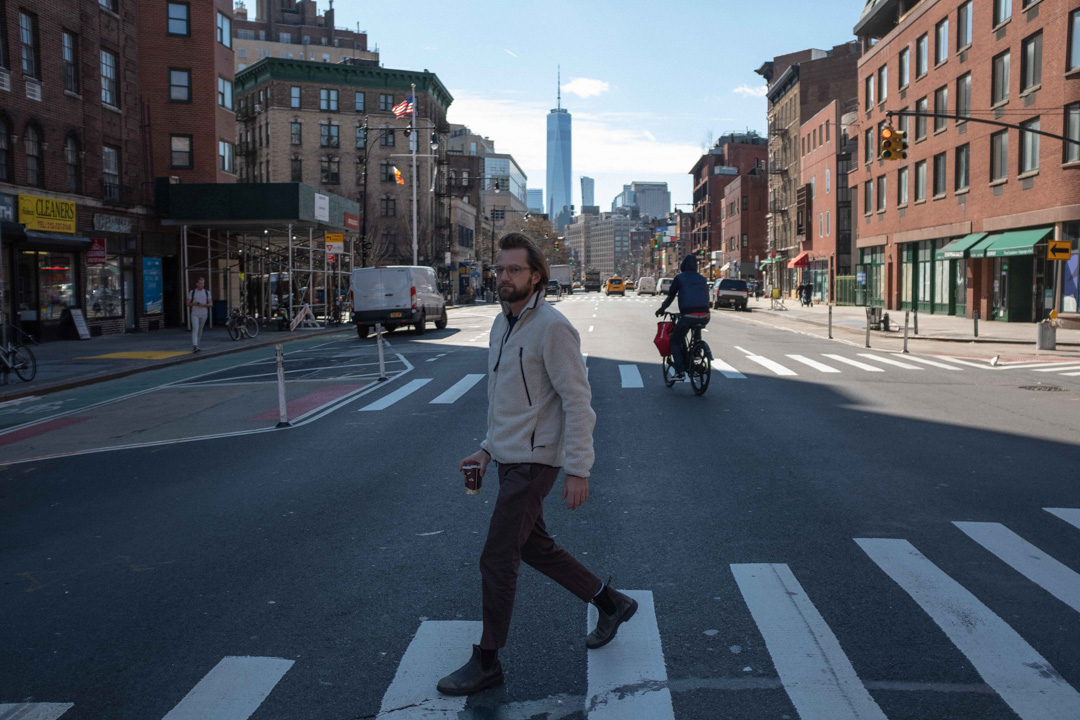
The ordinariness of the morning might be one of the things that seems sweetest right now, but the wind did switch. “Right as the wind started to clock around, I jumped in my truck and headed south to NJ with a friend to jump in the water. We spent the afternoon surfing and then headed back to the City.”
If you’ve been following along at home, we’ve been talking to some folks who are redefining high performance in their own ways. Mikey always seems to make it look easy, whether he’s on the water or behind a camera, and yet his performance is next level.
We caught up with Mikey from the comfort of our respective homes, his a bit more watery than ours, of course, and talked a little about vintage longboards, photography, filmmaking, and flow.
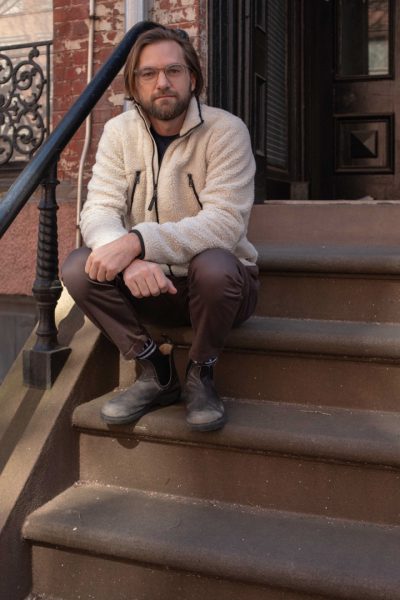
Where in the world are you hunkering down?
I’m on a boat docked in front of my friend’s parents house in Fort Lauderdale right now. We flew down a little over a month ago to do a spear fishing trip in the Bahamas. While we were out there, shit really hit the fan back home and we returned to Florida. I came down here for a long weekend, with a backpack and some camera gear and have been here ever since.
Besides answering questions from Whalebone Magazine, how are you spending your sheltering-in-place days?
I’ve been doing a little bit of swimming, riding a bike around the neighborhood, tons of cooking and plenty of wine.
When was the first time you remember picking up a camera?
When I was younger, I always traveled with a camera. I had this twin reflex medium-format camera that I took everywhere. It was right around when digital cameras started getting really decent, but I couldn’t afford one. Funny to think back on how I was shooting medium format because it was the cheaper option.
And when did it become something you realized you could pursue further?
I ways always interested in shooting photos, but it wasn’t until I had landed a couple of Apple iPhone ads that I realized I might be able to make a shift from surfing and directing to also shooting photos.
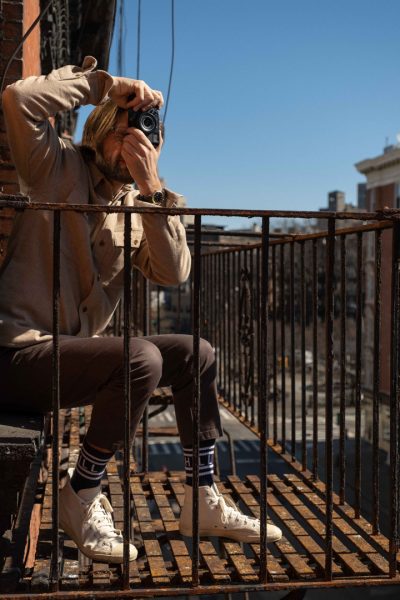
When and how did your interest in surfing transition into filmmaking?
I was surfing on the World Longboard Tour for about 15 years. Those last few years I was doing it, the wheels really started to fall off and I was doing pretty lousy. I was really interested in all the places I was traveling, but wanted to visit them to just surf and not go to lose in a contest in my first heat. So I decided I would make a surf film. Travel around with a group of friends to some favorite locations and make a film about that.
Who were your role models as a filmmaker?
Greg MacGillivray, Bruce Brown, John Frankenheimer, Kenneth Lonergan
Your filmmaking style is so fluid. Are there ways that you think your experience surfing has shaped your filmmaking?
Thank you. I really appreciate that. I think my films and photos are some sort of extension of myself and my personality. It’s almost like a window into someone’s brain in a visual way. I think there definitely is an element in there that comes from surfing and the way I see it as far as aesthetics go.
Without telling us where it is, describe your favorite place to surf:
I really love a peaky beach break that’s close into shore. I could really use that right about now, actually.
You have a pretty rad vintage surfboard collection. Any favorites?
I have a Ricky Rassumsen twin fin that is a favorite of mine—but I think the one I’m constantly excited about is this 1967 9’9” Con Claude Codgen Model. I found it on cragslist in Rhode Island. The fin had broken out of it sometime in the late ’60s and then it was just tossed away in an attic. It looks brand new, and surfs insane. Maybe one of the best riding vintage longboards that exist.
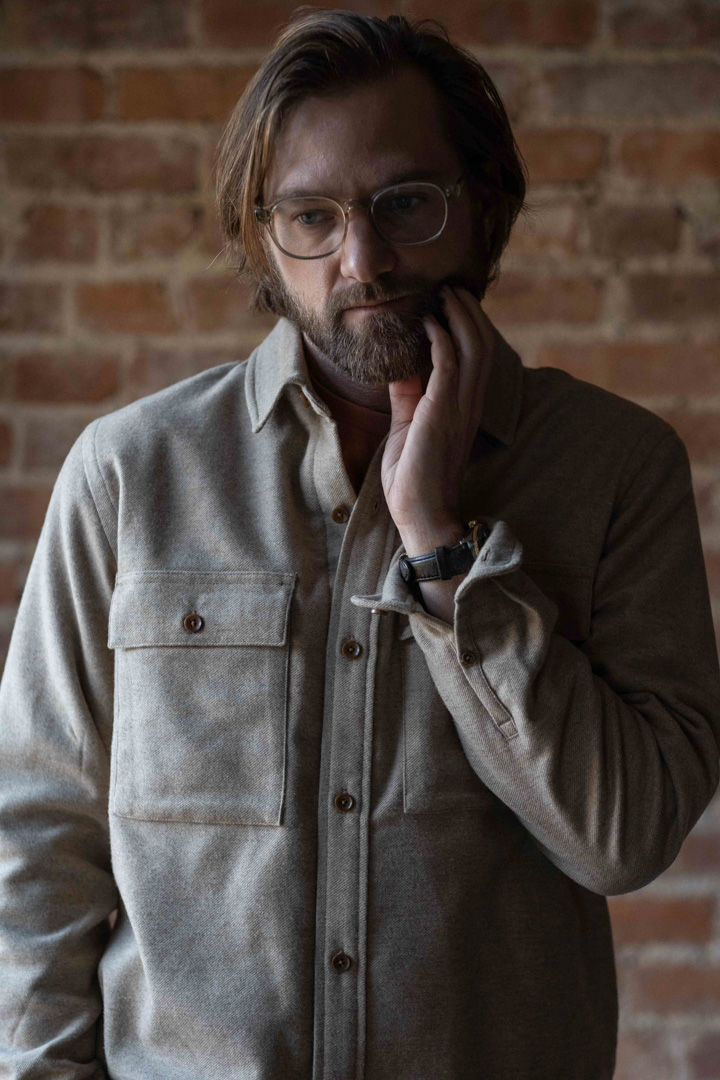
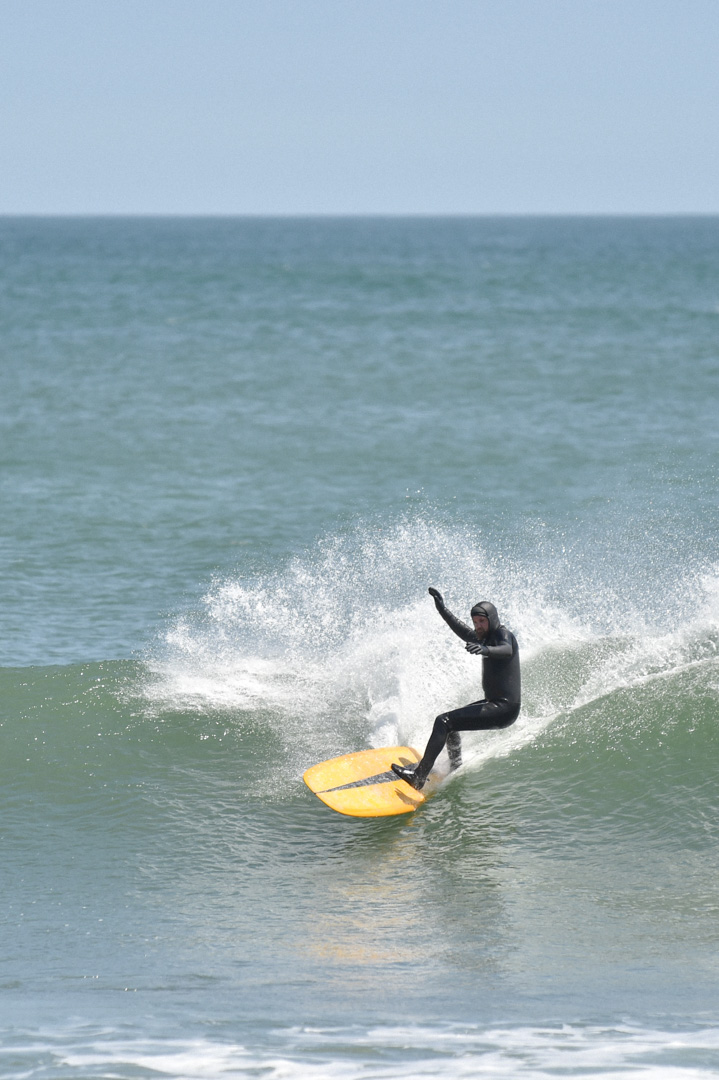
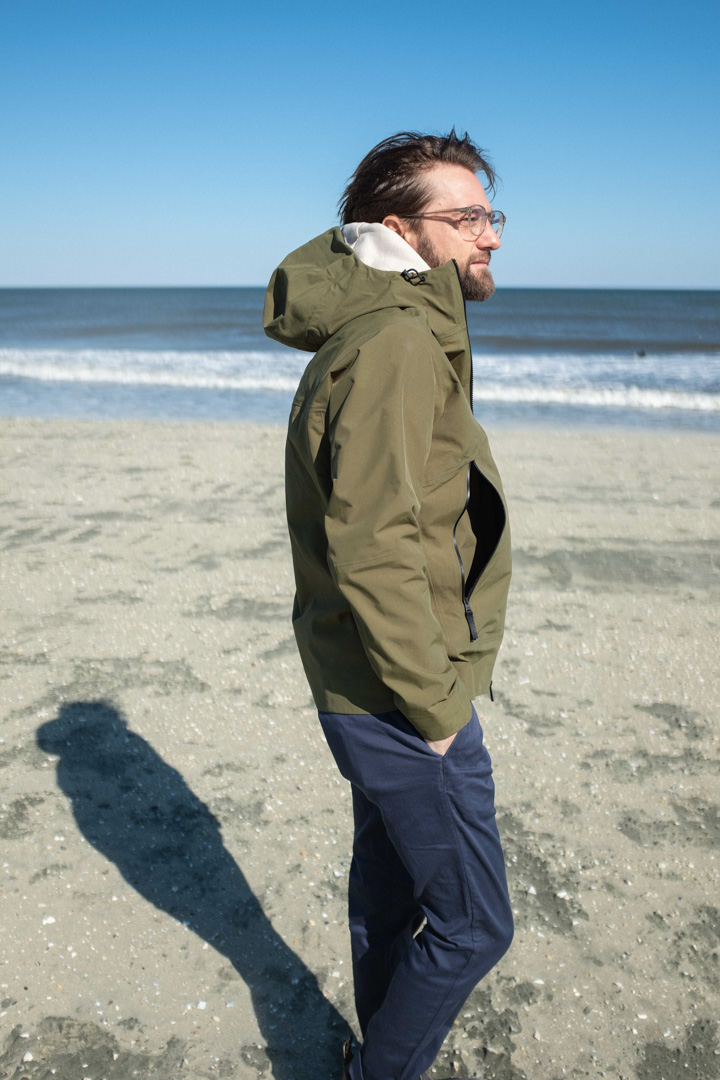
What was your reaction on being told by a doctor that you wouldn’t be able to surf anymore?
I was never actually told that I couldn’t surf, but what I was told was that all the damage being done to my pacemaker, wires and peck muscle were directly from surfing. My doctor said I should consider limiting my time in the water and I made the conscious decision to do that and only surf when I was feeling up for it, and on the days that I thought were worth it.
How has dealing with that heart condition shaped your outlook and the path you took after?
I’m on every three-month checkups, so it’s always something I’m really aware of. I think that limiting my time in the water, finding sailing as a new outlet and working more as a photographer has really helped to balance me as a person. After going through eight of these surgeries and almost having surfing taken away from me, I look at it differently now. It’s really special that I still get to do it, and I’m forever grateful that it’s still a huge part of my life.
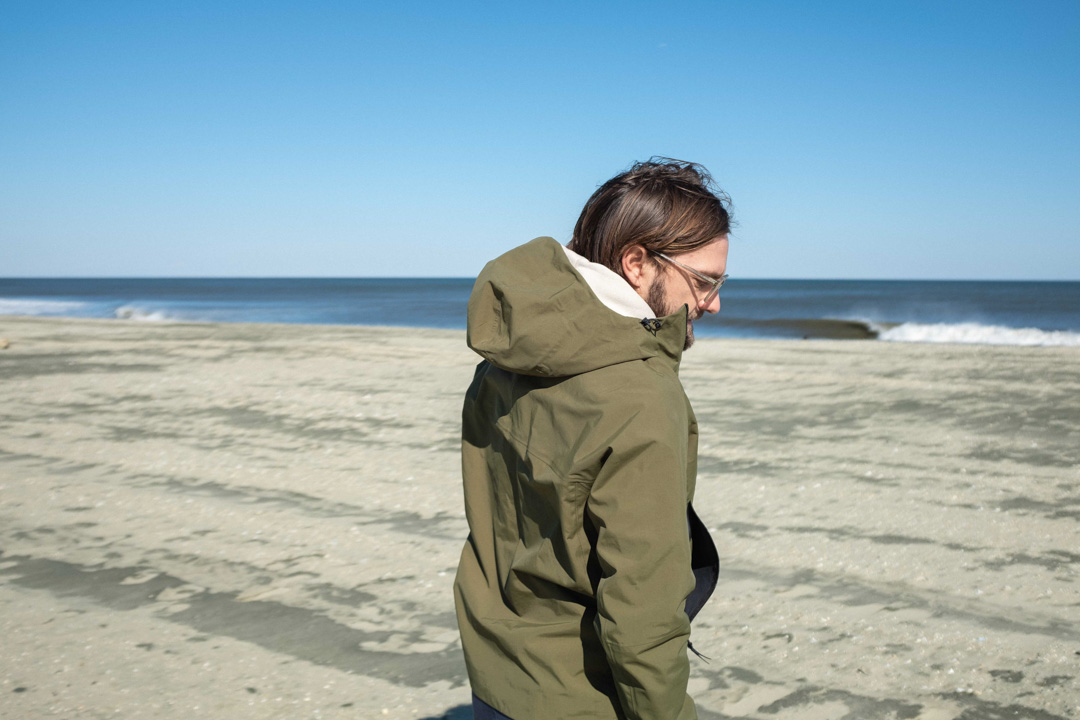
What did you learn from your father being a clammer when you were growing up?
The biggest thing I learned was respect for the ocean. Respect for the fisheries, and respect for the people that make a living off of seafood and shellfish.
You’ve decided to sail away to an unknown destination. What are 5 things are you definitely bringing on the boat, besides essentials (food, water)?
Camera and water housing
A pile of good books
Solar-powered phone charger
Paper charts
A few surfboards
What nonprofits should every sea lover support and champion?
Billion Oyster Project, Riverkeeper, Surfrider Foundation and Oceana
Three things you consider high performance?
None of my surfboards
One of my cameras
My raincoat

